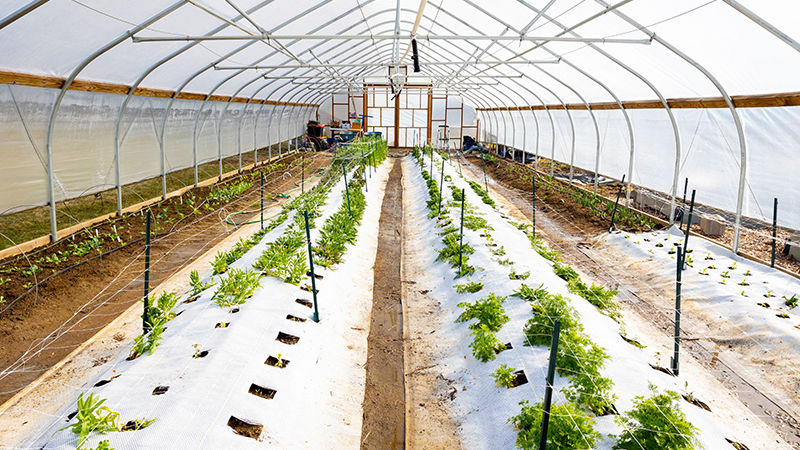Fresh flowers flourish at campus farm
The campus farm, housed in the high tunnel, has been growing a plethora of flowers that were planted in October by students in the Farm Club and the PLANT220: Gardening for Fun and Profit class. Students were able to start to harvest some flowers as early as March.


